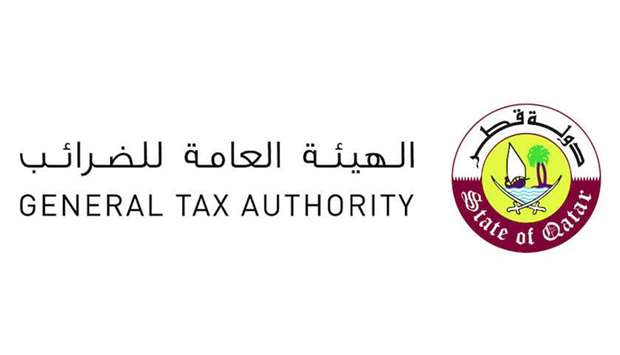Businesses that have excise goods in their stocks will need to file transitional excise tax returns by January 31, the General Tax Authority said on Saturday.
Stressing the importance of filing Excise Tax returns by January 31, the General Tax Authority said, “All businesses that import, produce, and store or stockpile excise goods will need to account for Excise Tax and file a ‘one-time’ transitional Excise Tax return on the goods they held for business purposes one-day prior to January 1, 2019.”
With no threshold for transitional excise tax return filing, any business that has excise goods in their stocks will need to file transitional excise tax returns no later than January 31. Businesses must pay the excise tax no later than 30 days after filing the transitional excise tax return.
Businesses that import or produce excise goods or businesses that wish to operate a tax warehouse must register with the General Tax Authority; keep accounting books and records; file tax returns and pay the tax due on a quarterly basis. There are no thresholds for excise tax registration.
The law includes a 90-day period from the law implementation date of January 1, 2019 for businesses that import or produce excise goods to register for excise tax.
New businesses that wish to engage in activities that require excise tax registration must register with the General Tax Authority prior to starting operations.
Businesses that only hold a stock of excise goods for business purposes such as hotels, convenience stores, tobacco shops, etc. are not required to register with the General Tax Authority for excise tax purposes yet are still liable to pay a one-time transitional excise tax return.
Businesses may also apply for a tax warehouse license. A tax warehouse is a location in which an authorised person (warehouse keeper) is permitted to store or produce excise goods under an excise tax suspension arrangement.
The warehouse keeper will be liable for the excise tax due on any excise goods leaving the tax warehouse on a quarterly basis.
Businesses should ensure fulfilment of compliance obligations, the General Tax Authority said. It noted the GTA reserves the power to conduct assessments on taxable persons and may subsequently impose penal measures which may entail imprisonment for a period not exceeding one year and/or a fine not exceeding three times the tax amount payable as per Act No. (25) of 2018 on Excise Tax Law Articles 16, and 18.
The GTA is the driving force behind the country’s economic ambitions outlined in Qatar National Vision 2030. Through implementing a progressive tax regime, the authority facilitates national sustainable development by creating a source of non-hydrocarbon dependent income.
Issued under Act No. (25) of 2018 and implemented on January 1, 2019, the excise tax is imposed on certain “unhealthy goods” including tobacco products, alcohol, energy drinks and special purpose goods incurring a 100% tax and carbonated drinks incurring a 50% tax.
Administration of excise tax will strengthen Qatar’s economy and help ensure a healthier society.
“Revenues generated through the excise tax will be invested in progressive public interest including infrastructure, health care, and education, safeguarding the future of Qatar for generations to come,” GTA said.

